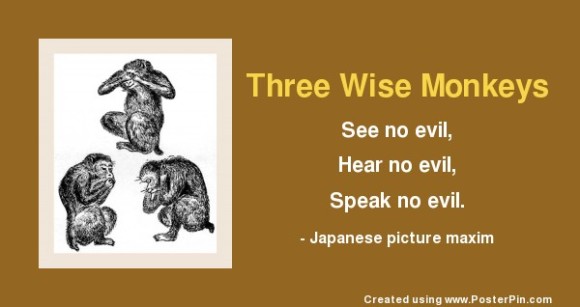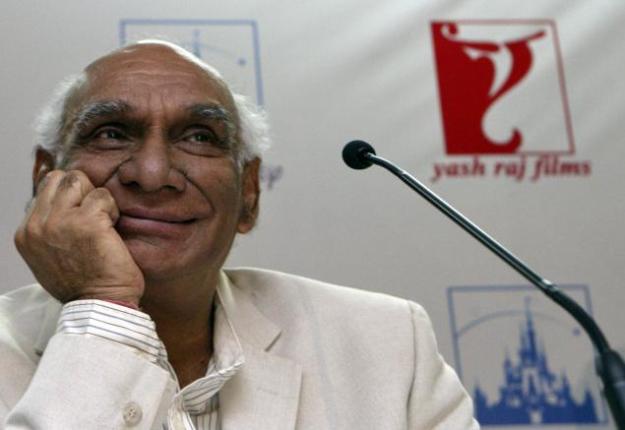Recently, a video featuring the interview of Shahid Khan Afridi went viral on the social networking site. The interview saw Afridi tiptoeing around a question -regarding his views on under-19 women cricket team and if Pakistani women should come forward in sports or not – by stating that women have tremendous zaiqa (taste) in their hands and they cook really well.
Ever since this video had come around, there has been a lot whoopla surrounding it. Afridi had been called names and a chauvinist. Some people have completely withdrawn their support for him while others have completely brushed past this comment saying that it is his personal opinion and should be of no concern to anyone.
Both of these standpoints are very interesting.
We Pakistanis are emotional by nature I think. Getting all worked up emotionally comes naturally to us. If we would take the pain to look the interview, Afridi seemed aware about the sensitivity of the topic, and therefore, abstained from making more than a single comment on it, which was indeed a smart and sensible thing to do.
His views did indeed appear to be conservative though. However, ridiculing him or calling him names would not help the matter. It kills the chance of engaging or anyone him in a debate. Condemning someone for their point of views deter them from re-examining and changing them.
That is problem with most of the leftists of our society. Make a comment that they do not approve of, and they go all guns blazing accusing you of being a backward and an unethical person worthy of being shipped back to the Stone Age.
He did not say that he was against women education or women working outside. No! No! He did not but many liberals assumed just that and had, consequently, over-reacted based on these assumptions, which is not really the best course of action. If taken only at what was said; Afridi did not appear to be in favor of women playing sports and that was it!
Now coming onto the standpoint which proclaims that Afridi’s comments are his personal opinions and should not concern us, the thing is that Afridi is a national hero. The minute he made this comment on air, his opinion stopped being his own. His comments, whether we would like to admit or not, would do have some bearing on the beliefs of others especially his followers – many of whom are young. So many people look up to Shahid Afridi.
I also consider myself to be one of the biggest fans of Shahid Khan Afridi. I have been loyal fan since 1996 when he debuted. The height of my Afridi-mania was such that whenever he was dropped from the team for his dismal batting performance, I would pray for the player substituting him to put up a bad show. I had always admired him for his immense dedication and commitment to our team and our country, and the fact that he never gives up.
But before been a big Afridi fan, I am a woman too. I have to admit that I was taken aback when I first saw the video. The thing is being Pakistani women, we have to fight many demons inside and outside. The road to our dreams is not easy. Most of the choices that we make in our lives stand at crossroads from what most parts of our patriarchal society supports and allows. Hence, making such unpopular but right choices require a lot of courage. In this process, every ounce of support counts. For me and I am sure many others, Afridi’s resilience in the face of adversity and most importantly, his way of always following his heart has been a source of inspiration.
The girls who have dared to join the cricket team in Peshawar are really courageous, and this is a major breakthrough. This will open doors for many girls hailing from the conservative backgrounds. Many women would be empowered. In such a scenario, the support of our national cricketing hero is much needed. Therefore, Afridi should clarify his point of view and consider reviewing his beliefs as many people idolize him. A show of greater responsibility is called for here as this issue is of paramount importance.
To conclude, liberals need to stop jumping to conclusion and give people room to improve, and Afridi needs to step up here like he always do because I, for one thing, do not even have any Zaiqa is my hands.






